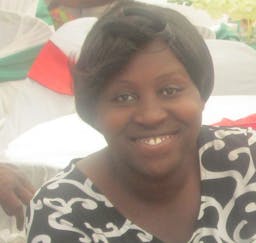From chalk to talk
Jan 21, 2015
Story
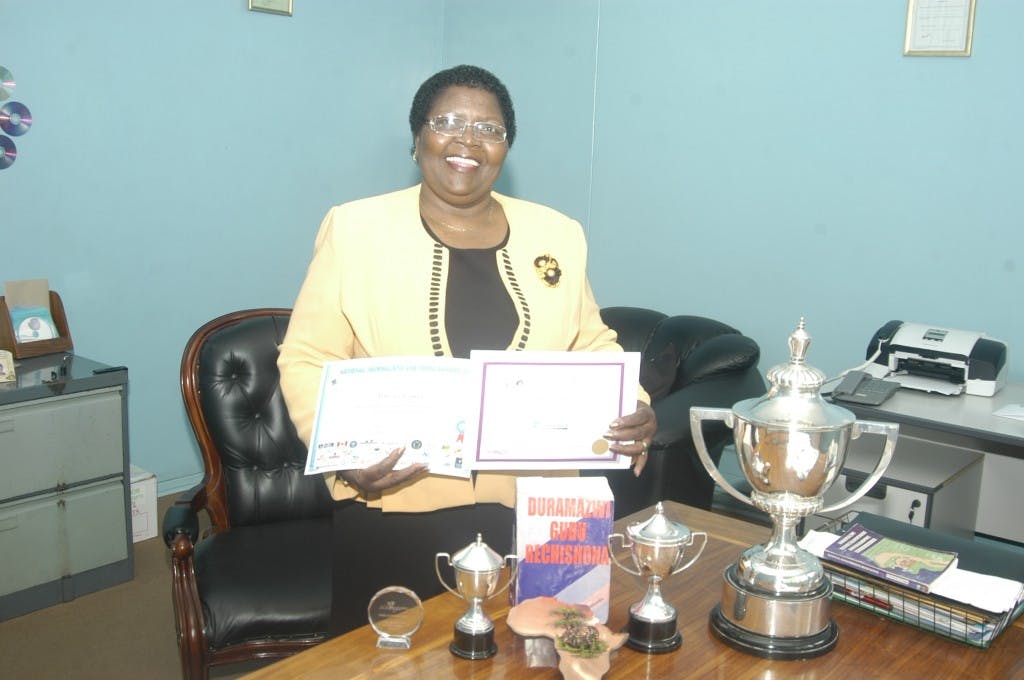
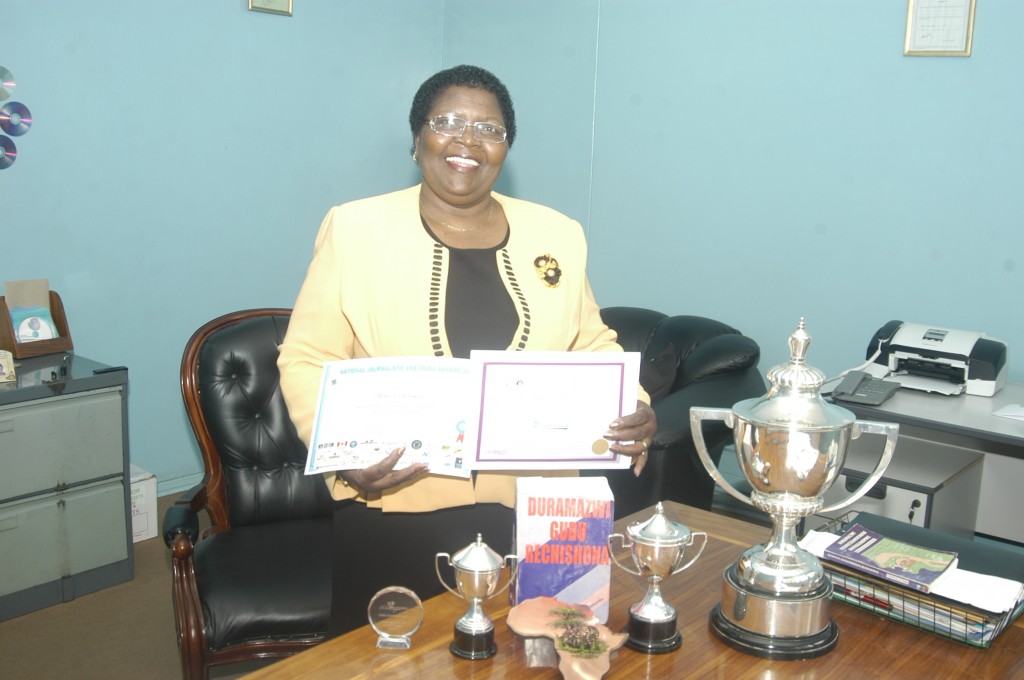
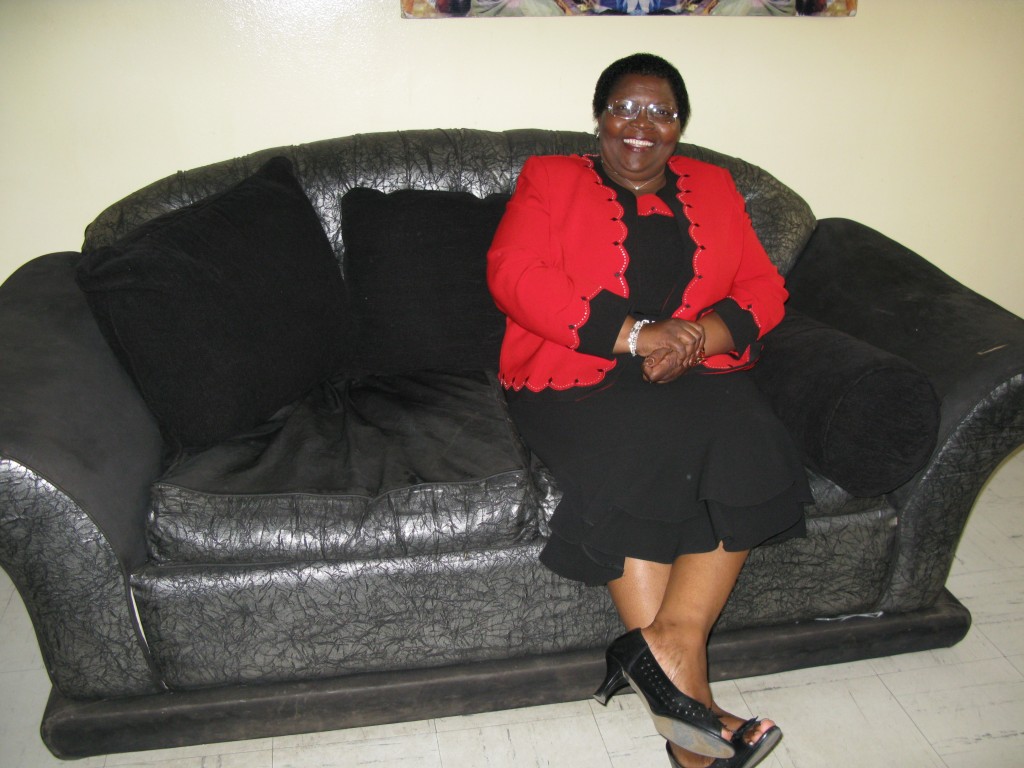
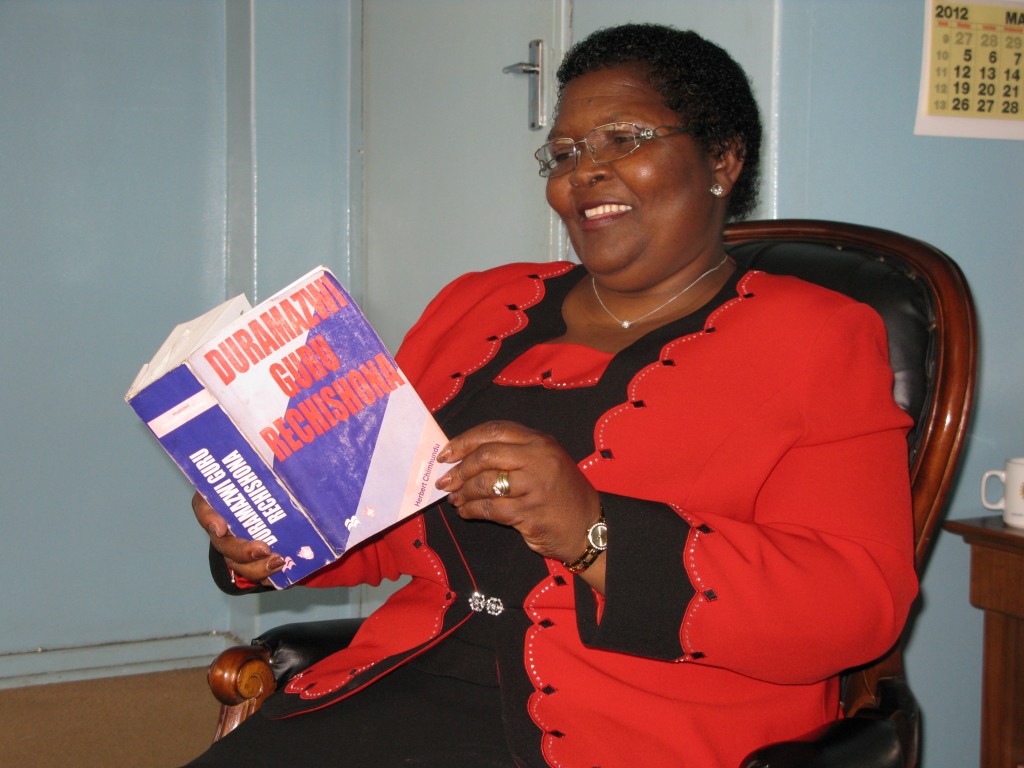
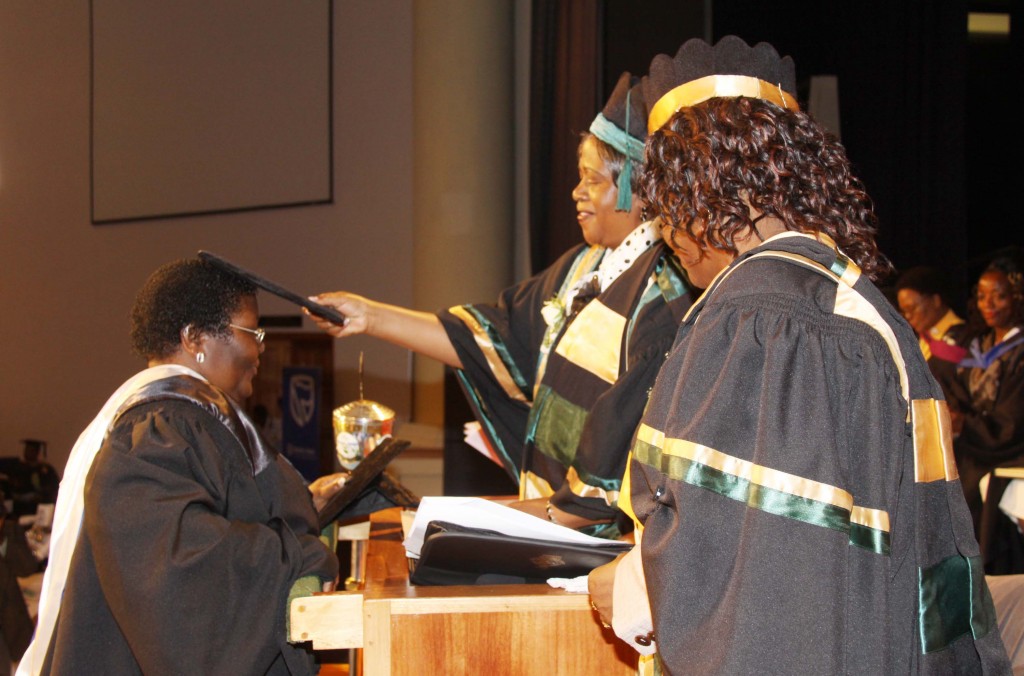
Albert Einstein once said that the true purpose of education is to train the mind to think. Rebecca strongly echoes these words. “My job is far more difficult than it looks. In a classroom you are in charge and you simply impart book knowledge. My job here is to impart wisdom from life experiences and it is still teaching but in a different way. People have to think about the implications of their actions. Now I talk to teach and teach to talk,” she says with a smile.
Humble, confident and motherly are words that can easily find a home with her. I had expected to find doors of steel barring my way to see the queen of talk but it was with wide open arms that I was met. It felt like I was home. “No one ever comes here to see me and leaves without seeing me, no matter how busy I may be,” she says seriously. This statement is true and speaks volumes of the down to earth nature of Rebecca Chisamba, award winning talk show host. She is a woman who has brought dignity to Zimbabwean women.
A teacher by profession her broadcasting career came by accident. One she says she was upset about at the time. Whilst teaching, she was chosen for schools broadcast by her headmaster because of her eloquence. She thought it was impossible but she was soon not only involved in schools broadcast but became the voice of several radio programmes, but it was those dealing with women that touched her. She realised people needed to speak out but had no platform. Armed with only her wit and voice she resigned from radio broadcast to launch her talk show where she promotes interpersonal and intercultural dialogue through offering a platform that promotes free exchange of ideas in search of lasting solutions to today’s challenges. Her show was born of her perseverance and hard work. In the beginning she thought she had bitten off more than she could chew. How could she record a program with no money, staff, studio or equipment? But with her stubborn faith, she discarded the doubts and years later her success is evidenced by her numerous awards.
Rebecca impenitently and courageously denounces social ills, encouraging conflict resolution through dialogue. “It’s always about what is the problem not who is the problem.”
She has broken taboo speaking openly on all social issues. Although popular, her show was criticised for its themes but she is adamant that these are issues causing the breakdown of society’s moral fibre. Her inspiration comes from many individual life transformations drawn from viewers in Zimbabwe and beyond. She focuses on educating women about their rights and encourages them to know the law so that they can use it to protect themselves.
Her favourite book is the Duramazwi (Shona dictionary) as she says, “Who we are is best defined through our language.” She is a proud Shona speaker who has made it popular through her rich use , and has broken barriers because by using Shona she reaches a wider audience and maintains cultural identity. In this regard she has coined Shona words for words found in English but absent in local language. She aims to “promote progressive cultural values.” She is an advocate for the end to cultural practices that harm the integrity and dignity of women such as vaginal mutilation, and clitoris enlargement.
She takes an inclusive approach by also recording her shows in rural areas, overcoming geographical barriers to access of information whilst promoting indigenous knowledge systems. She takes aboard all social classes especially grassroots women who have no access to information because of poverty, inequality and lack of education.
Her show comes with a personal touch. “I want everyone to get help and if someone feels that by talking to me they will be better then I need to talk to that person. People call me round the clock with some coming to my home seeking assistance.” She has filled in the shoes of mother and aunt to many. She says “I now have many children, some whom I have never met and every day I get more.”
She encourages, promotes, and unites women. She was once hospitalised a night before an important meeting. She begged the doctor to be discharged in the early hours of the morning and attended the meeting showing she is not a woman who can easily be stopped. “Those women needed me and I could not let them down. They had come from all the corners of Zimbabwe and nothing could have stopped me.”
She has been threatened and physically attacked because of the sensitive and controversial topics she tackles. She was once arrested together with Betty Makoni because of a show on the rape of young girls and delayed justice. Unfazed, she notes that it means she is doing something right. She will not stop imparting information but works within the confines of the law. Sometimes she feels like a soldier and has realised even the bad times are good. Many men come to the show because they want to be part of the social change.
She has defied criticism and labels hurled at her. Her sexuality has been used to discredit her success and development but she brushes the stories away. She wants women to focus on bigger problems and her advice to women is, “Bloom where you are. It does not matter the circumstances, wherever a woman is she should aim to change her situation.”
Her story is a story of hope and courage, leaving the familiar, venturing into unknown territory and emerging victorious.
She is not afraid of persecution or retribution and says until women are treated equally she cannot rest and is prepared to face anything that stands in the way of empowering women. As we end she determinedly says,” When you have set snares in a burnt area you are not afraid of blackened buttocks” (Shona proverb).
This article is part of a writing assignment for Voices of Our Future a program of World Pulse that provides rigorous digital media and citizen journalism training for grassroots women leaders. World Pulse lifts and unites the voices of women from some of the most unheard regions of the world.
